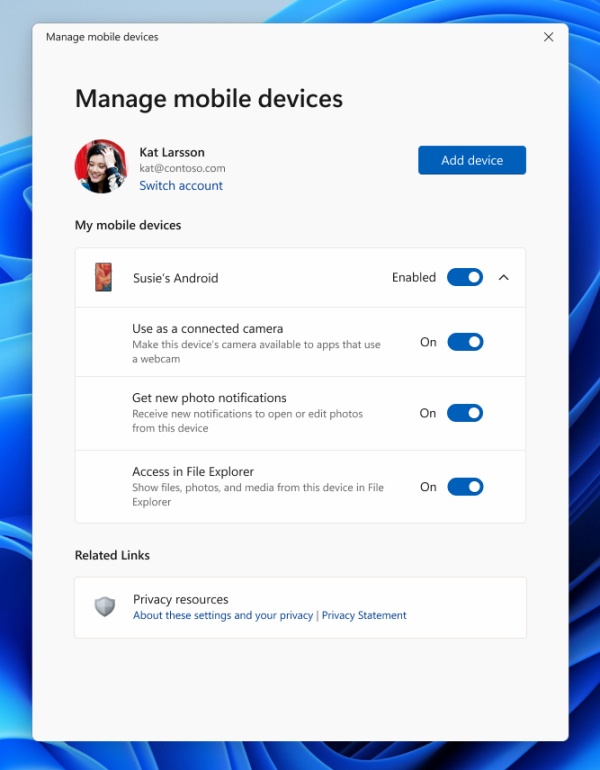A reputation server is a pc that interprets domains into IP addresses. Name servers serve a elementary function within the Domain Name System (DNS). They enable a person to go to a web site by coming into its domain identify into their net browser’s handle area as an alternative of manually coming into the net server’s IP handle.
Every registered domain identify should checklist not less than two identify servers in its DNS report. Known as “authoritative name servers,” these identify servers keep a report of the IP addresses for that domain identify’s net server, mail server, subdomains, and different companies. These identify servers usually use the naming conference ns1.instance.com and ns2.instance.com. The first-listed identify server will get checked first, whereas the second-listed server acts as a backup in case the first doesn’t reply.
The Domain Name System depends on a number of layers of identify servers that fill separate roles. When your net browser first make a DNS request, it checks with the DNS identify server specified by your network’s DHCP settings — sometimes, a reputation server operated by your ISP. If that identify server would not have the domain identify’s report, your laptop begins checking different servers ranging from the highest. The highest-level identify servers are known as “root DNS servers” and keep the data of the identify servers for every top-level domain (e.g. .com, .web, .ca). Each TLD’s identify server has the report for the authoritative identify server for each domain using that TLD, which then directs your laptop to the IP handle of that domain’s net server.

Large enterprise networks usually have their very own identify servers to direct domain lookups inside their intranet. Internal identify servers let customers entry inside net portals, printers, and different sources using inside domains as an alternative of IP addresses. These sources usually use non-public IP addresses that aren’t accessible from exterior of the native intranet.
Looking to know more Internet Terms










Leave a Reply